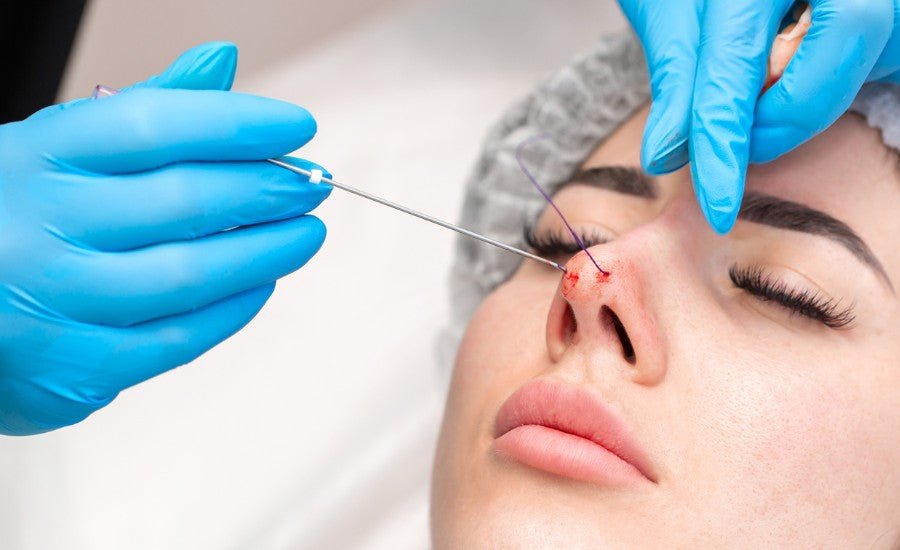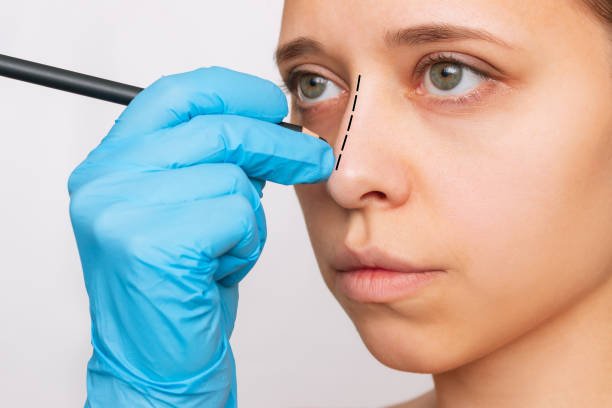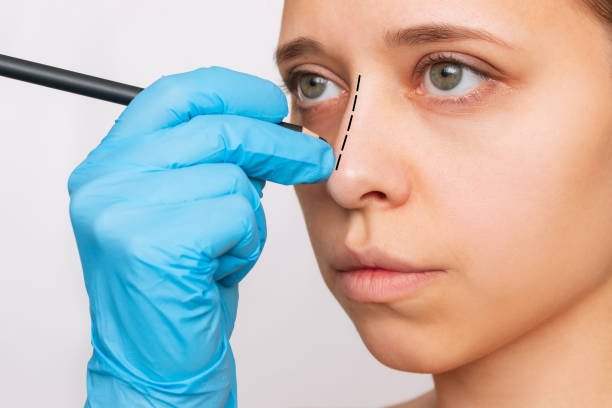Achieving radiant, even-toned skin is a common beauty goal for many individuals. As skin concerns such as pigmentation, dullness, and uneven tone become more prevalent with age, many seek effective solutions to enhance their complexion. One popular option is Skin Whitening in Abu Dhabi, which aim to improve skin brightness and uniformity. But a key question that often arises is, what age is right for whitening treatment? Understanding the ideal timing can help individuals make informed decisions about their skincare journey.
Understanding Skin Whitening Treatments
What Are Skin Whitening Treatments?
Skin whitening treatments encompass a variety of procedures and topical products designed to reduce hyperpigmentation, dark spots, and uneven skin tone. These treatments work by targeting excess melanin production, promoting skin renewal, and brightening the complexion. They can include professional procedures such as chemical peels, laser treatments, and microdermabrasion, as well as topical creams and serums.
Goals and Benefits of Skin Whitening
The primary goal of skin whitening is to achieve a clearer, more luminous complexion. Benefits include:
- Reduction of dark spots and pigmentation
- Even skin tone
- Enhanced brightness and radiance
- Boosted confidence and self-esteem
While these benefits appeal to many, it’s essential to select appropriate treatments suited to individual skin types and concerns.
Ideal Age for Skin Whitening Treatments
Factors Influencing Timing
Deciding the right age for skin whitening treatment involves considering various factors:
- Skin maturity: Skin typically reaches a stable phase where treatments can be safely performed.
- Skin concerns: The presence of pigmentation, sun damage, or uneven tone might necessitate earlier intervention.
- Skin sensitivity: Younger skin tends to be more sensitive, requiring cautious approaches.
- Lifestyle and sun exposure: Excessive sun exposure can accelerate pigmentation, influencing the timing of treatments.
When Is the Right Age?
Generally, skin whitening treatments are suitable for individuals who have developed persistent skin concerns that do not resolve with basic skincare routines. Most clinics recommend starting these treatments once the skin has fully matured, often in late teenage years or early adulthood.
For adolescents, it’s crucial to prioritize skin health and address issues like acne scars or hyperpigmentation with gentle, non-invasive options. For adults, treatments can be tailored based on specific skin concerns, with a focus on safety and long-term skin health.
Special Considerations for Different Age Groups
- Teenagers (13-19): Focus on acne management and gentle brightening solutions; aggressive whitening treatment are usually avoided.
- Young Adults (20-30): Ideal age to begin targeted treatments for pigmentation, sun damage, and uneven tone.
- Middle-Aged Adults (30-50): As skin starts to show signs of aging, treatments can help improve brightness and reduce age-related pigmentation.
- Older Adults (50+): Skin may require more intensive procedures, but a careful approach is essential to maintain skin integrity.
Timing and Expectations
Starting Early vs. Waiting
While early intervention might prevent the worsening of pigmentation issues, premature or unnecessary treatments can sometimes cause adverse effects. It’s important to consult skincare professionals to assess individual needs and determine the appropriate time to start.
Setting Realistic Goals
Expectations should be aligned with individual skin conditions and treatment capabilities. Skin whitening treatments are not instant fixes; they require patience and consistency to achieve optimal results.
Importance of Skin Health
Maintaining overall skin health is vital regardless of age. Proper hydration, sun protection, and a balanced skincare routine form the foundation for effective whitening treatments and long-lasting results.
Choosing the Right Treatment at the Appropriate Age
Customized Approach
The best results are achieved through personalized treatment plans that consider age, skin type, and specific concerns. Professional consultations help identify suitable procedures and products.
Non-Invasive Options for Younger Skin
For younger individuals, non-invasive treatments like topical brightening agents, chemical peels, or laser therapies with minimal downtime are preferred.
More Intensive Treatments for Mature Skin
Older adults may opt for advanced procedures such as laser resurfacing or microneedling to address deeper pigmentation and skin laxity.
Safety and Precautions
Importance of Expert Guidance
Selecting qualified professionals ensures treatments are safe and effective. Proper assessment helps avoid over-treatment and minimizes risks.
Maintaining Skin Health During Treatment
Adhering to recommended skincare routines, including sun protection and gentle products, supports treatment outcomes and preserves skin integrity.
Final Thoughts
Determining what age is right for whitening treatment depends on individual skin concerns, maturity, and overall skin health. While many begin their skin whitening journey in their late teens or early adulthood, it is essential to prioritize safety, professional guidance, and realistic expectations. With the right approach, skin whitening treatments can help you achieve a brighter, more confident appearance at the appropriate time for your skin.
Frequently Asked Questions (FAQs)
1. Is there an ideal age to start skin whitening treatments?
The ideal age varies depending on individual skin concerns and maturity. Generally, late teens to early adulthood is suitable for starting targeted treatments, ensuring skin is fully developed and healthy.
2. Can teenagers undergo skin whitening procedures?
Yes, teenagers can consider gentle, non-invasive options like topical brightening agents or light chemical peels. It’s important to consult a skincare professional to choose safe approaches suitable for young skin.
3. At what age should I consider more advanced skin whitening procedures?
More advanced treatments are typically suitable for individuals in their late 20s and above, especially when addressing persistent pigmentation or signs of aging, under professional guidance.
4. How does age affect the results of skin whitening treatments?
Age can influence skin elasticity and healing capacity, impacting treatment effectiveness. Younger skin generally responds more quickly, while mature skin may require tailored, sometimes more intensive, procedures for optimal results.
















Leave a Reply